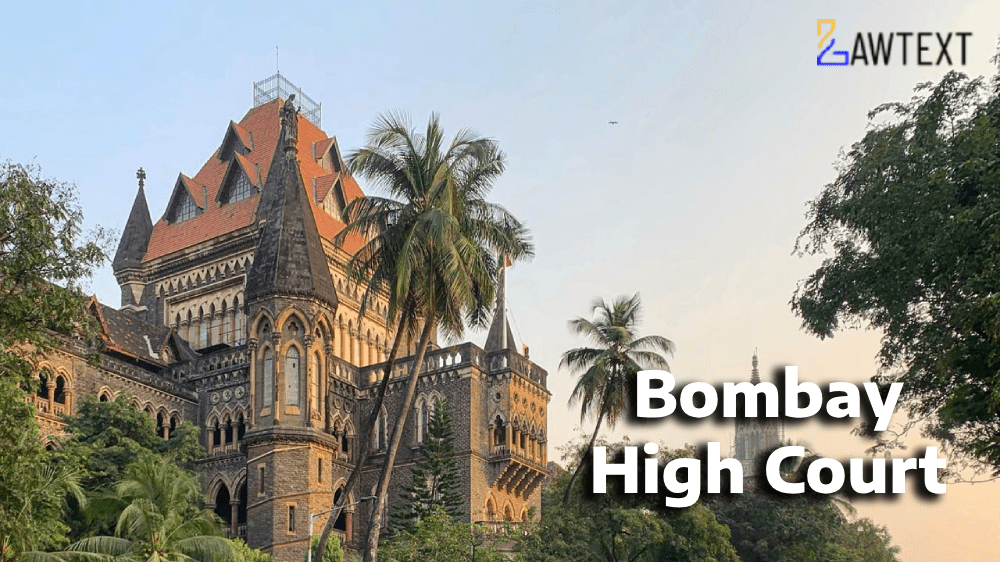"Disputed Tenancy Rights in Walkeshwar Property" Upholding the Sanctity of Tenancy under the Maharashtra Rent Control Act.

CASE NOTE & SUMMARY
The case revolves around the claim of tenancy rights by the plaintiff, Mr. Pradeep Kumar Lalit Kumar Pandya, over two residential units in Kapadia Building, Walkeshwar, Mumbai. The plaintiff asserted tenancy transmission based on residence and familial connection under Section 7(15)(d) of the Maharashtra Rent Control Act, 1999. Both the Trial and Appellate Courts dismissed his claim, emphasizing a lack of evidence proving his residence as part of the tenant's family. The High Court upheld these findings, citing the absence of legal and factual bases for tenancy transmission.
1. Introduction and Claim (Paras 1–2)
- Plaintiff filed the suit to declare himself as the tenant of Kapadia Building's premises after the death of Dr. R.C. Upadhyaya.
- He claimed to have resided with the deceased as a family member and satisfied the conditions under Section 7(15)(d).
2. Background of Tenancy (Paras 3–4)
- Dr. Upadhyaya was the original tenant, residing with his wife, who predeceased him. The couple had no children.
- Plaintiff, being the son of Shardaben’s sister, alleged continuous residence in the premises since 1953.
3. Procedural History (Paras 5–6)
- The Trial Court dismissed the suit, ruling that the plaintiff failed to establish residency as a family member.
- The Appellate Bench upheld this finding, further dismissing a review petition filed by the plaintiff.
4. Legal Provisions Discussed (Paras 7–8)
- Section 7(15)(d) of the Maharashtra Rent Control Act, which allows tenancy transmission to family members residing with the deceased tenant at the time of death.
5. Evidence Considered (Paras 9–14)
- Plaintiff relied on oral and documentary evidence, including ration cards, photographs, and testimonies of acquaintances.
- Defendants presented evidence from witnesses like Mr. Arvind Kamdar, indicating the plaintiff’s absence from the premises during crucial years.
6. Findings and Court's Reasoning (Paras 15–20)
- The court noted inconsistencies in the plaintiff's evidence, including contradictions in witness testimonies.
- It emphasized that mere familial relation does not suffice; continuous residence as part of the tenant's family must be proven.
7. Judgment and Ratio Decidendi (Paras 21–24)
- The court ruled against the plaintiff, citing lack of credible evidence for tenancy transmission.
- The interpretation of "family" under rent control legislation should not extend to distant relatives unless additional evidence proves their residence and familial association.
Legal Analysis
Acts and Sections Discussed:
- Section 115, Code of Civil Procedure (CPC): Revisional jurisdiction invoked to challenge the lower courts' findings.
- Section 7(15)(d), Maharashtra Rent Control Act, 1999: Governs tenancy transmission based on familial residence.
Ratio Decidendi:
- Key Issue: Whether the plaintiff met the dual conditions of familial relationship and residence with the deceased tenant.
- Court's Reasoning: The plaintiff failed to provide consistent and credible evidence to satisfy these conditions.
Subjects:
Tenancy Dispute under the Maharashtra Rent Control Act.
- Maharashtra Rent Control Act
- Family and Tenancy Rights
- Judicial Interpretation
- Revisional Jurisdiction
ISSUE OF CONSIDERATION
Pradeep Kumar Lalit Kumar Pandya Versus Harisingh J. Kapadia (deceased through legal heirs and representatives) & Anr.
Citation: 2024 LawText (BOM) (12) 112
Case Number: CIVIL REVISION APPLICATION NO. 333 OF 2023
Date of Decision: 2024-12-11
Case Title: Pradeep Kumar Lalit Kumar Pandya Versus Harisingh J. Kapadia (deceased through legal heirs and representatives) & Anr.
Before Judge: SANDEEP V. MARNE, J.
Advocate(s): Mr. Pradeep Kumar Lalit Kumar Pandya, Applicant-in-person. Mr. Suraj Shah with Mr. Pralsha Rathod and Ms. Laxmi Thakur for Respondent Nos.1(a) and 1(b).
Appellant: Pradeep Kumar Lalit Kumar Pandya
Respondent: Harisingh J. Kapadia (deceased through legal heirs and representatives) & Anr.

